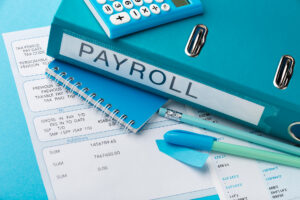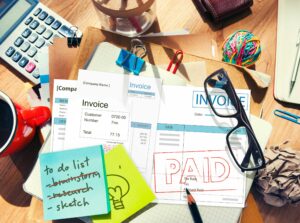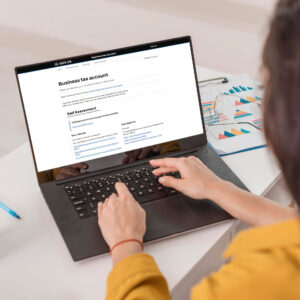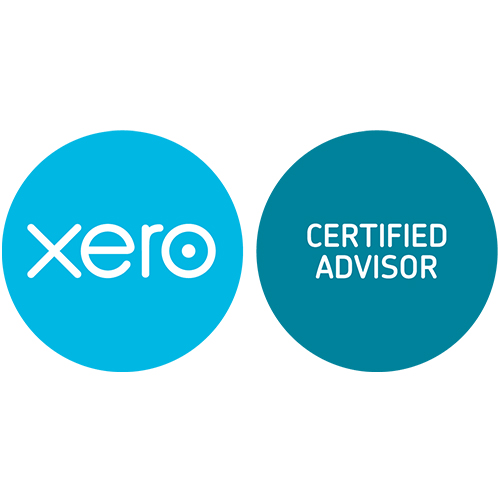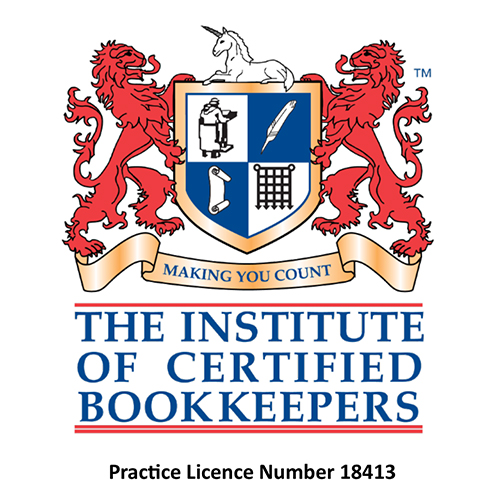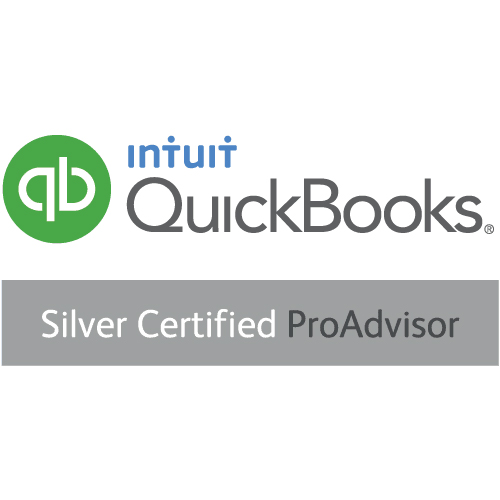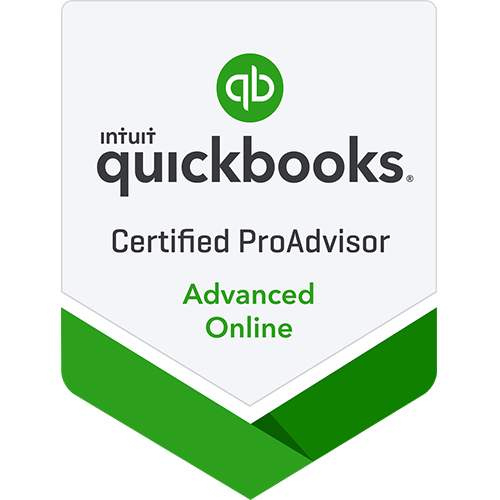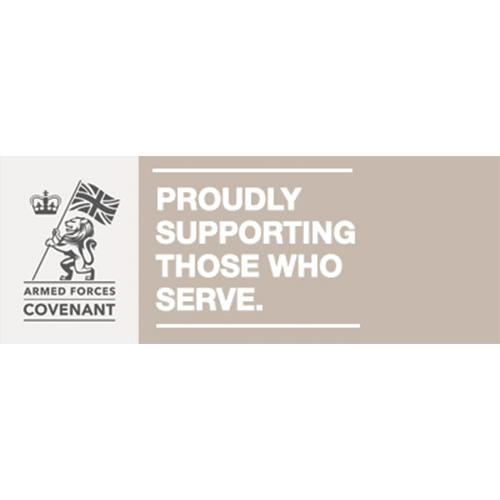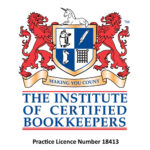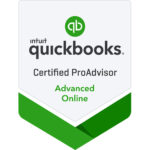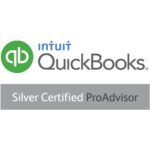We get it—budgeting isn’t exactly the life of the party. But hold on, because we’re about to make budgeting as breezy as a Sunday brunch. Our quick guide will break down the basics of budgeting, providing practical tips for sole traders to create an effective budget and navigate the often challenging world of business finances.
Understanding Your Income Streams
Begin by identifying all sources of income for your sole trader business. Break down revenue streams and categorise them based on consistency. Understanding the ebb and flow of your income is crucial for building a realistic budget.
Categorizing Expenses: Fixed or Variable?
Distinguish between fixed and variable expenses. Fixed costs remain constant, while variable costs fluctuate. Categorising your expenses helps in prioritising payments and preparing for fluctuations in your cash flow.
Creating a Realistic Budget
List Your Fixed Expenses: Start by listing your regular fixed expenses, such as rent, utilities, and insurance. These are the non-negotiables.
Prioritise Variable Expenses: Identify and prioritise variable expenses like marketing, travel, and supplies. Allocate funds based on their importance to your business.
Set Aside for Taxes and Savings: Don’t forget to allocate a portion of your income for taxes and savings. This ensures you’re prepared for your tax payments and have a financial safety net. Think of it as a comfy cushion for unexpected plot twists.
Embracing Technology for Efficient Budgeting
Explore user-friendly budgeting tools and apps designed for sole traders:
Accounting Software: Consider using accounting software like QuickBooks, FreeAgent or Xero for streamlined expense tracking and budget management.
Expense Tracking Apps: Apps like Expensify can simplify the process of tracking receipts and managing expenses on the go. Some accounting software also offers this as part of an all-in-one solution.
Budget Reviews: Regularly Review and Adjust Your Budget
Monthly Check-ins: Schedule regular monthly reviews of your budget. Check whether your actual income and expenses align with your budgeted figures.
Flexibility is Key: Be open to adjustments. Your business evolves, and so should your budget. If you notice patterns or unexpected changes, adjust your budget accordingly.
So there you have it, the not-so-secret recipe for budgeting bliss. It might not make the headlines, but it sure keeps your business running smoothly. Remember, your budget is like a good playlist and needs an update now and then.
If you need some support with budgeting for your business, get in touch for a no obligation chat about how our team can help you.



